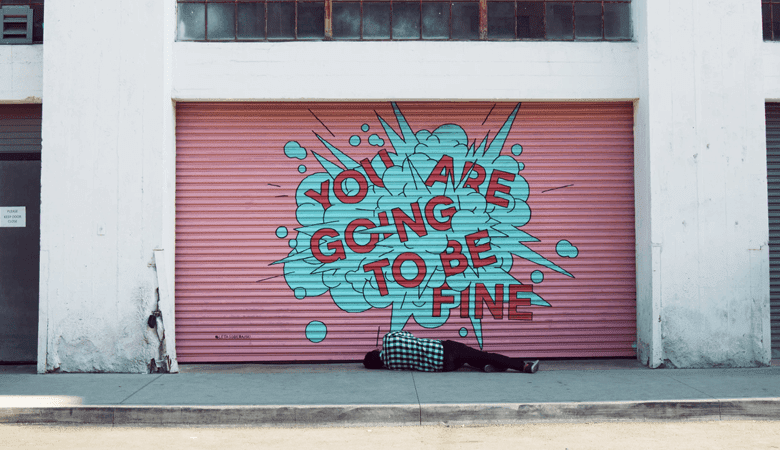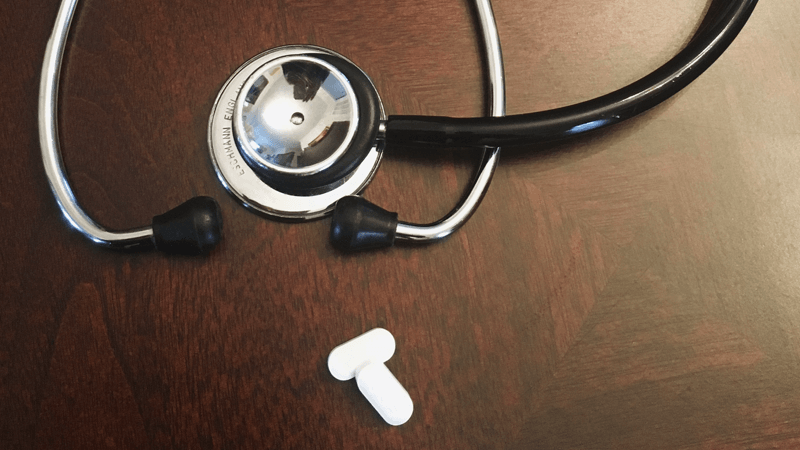This Is What High Blood Pressure Feels Like

A frightening condition, high blood pressure (hypertension) can lead to life-threatening complications. However, what’s really scary is that most people don’t even know they have it. Hypertension is sometimes called “the silent killer” because most of the time, people do not experience symptoms until the condition grows to be harmful to health. High blood pressure is like nothing.
Why Visit the Doctor Regularly?
Common misconceptions say that people with hypertension feel it. People believe they will experience nosebleeds, dizziness, insomnia, nervousness, blurred vision, chest pain, frequent headaches or shortness of breath. People think they can notice the visible signs of hypertension in a flushed face and excessive sweating. In most cases, however, people with hypertension do not experience symptoms and have no idea that their blood pressure is dangerously high. Most individuals do not receive treatment until visiting a doctor for an entirely different reason, only to be shocked by a high blood pressure reading.
If left untreated, high blood pressure can lead to serious, sometimes irreversible, problems:
- Thickening or hardening of the arteries, which causes heart attacks or strokes.
- Weakened blood vessels that burst during an aneurysm.
- The heart muscles tighten and struggle to pump blood, leading to heart failure.
- Narrowing or weakening of the blood vessels in the kidneys, which hinders kidney function and leads to kidney failure.
- Narrowed, weakened or thickened blood vessels in the eyes impair vision.
- Damage to the optic nerve, causing permanent vision loss.
- Increased risk of developing diabetes.
- Impaired cognitive function that affects your memory, ability to focus and understand or learn new concepts.
Because the symptoms of high blood pressure usually do not manifest themselves until serious conditions are severe, it is necessary to proactively monitor your blood pressure. To protect your health from the adverse effects of hypertension, attend regular blood pressure checkups through a local clinic or pharmacy or schedule regular checkups with your family doctor.
High Risk Groups
Certain individuals may be at higher risk of developing high blood pressure, in which case more frequent testing and preventive measures may be prudent. Risk factors for developing high blood pressure include:
- Family history – Hypertension is an inherited disease. If you have a close relative with high blood pressure or heart disease, you are at risk.
- Age – With age, blood vessels lose elasticity, which can contribute to hypertension. The older you get, the more likely you are to have high blood pressure – even if you had normal or low blood pressure at a younger age.
- Gender/Age – Men younger than 64 are more likely to develop hypertension. After age 65, women are at higher risk.
- Race – African-Americans are at high risk for developing hypertension and more severe cases, too.
- Chronic Kidney Disease (CKD) – CKD puts patients at risk of hypertension.
- Lifestyle – Smoking, drinking, chronic stress, insomnia, not exercising and eating an unhealthy diet can lead to high blood pressure.
If you are at risk of developing hypertension, taking steps to regularly monitor your blood pressure and making healthy lifestyle choices can protect your well-being, longevity and quality of life from complications. of hypertension.






